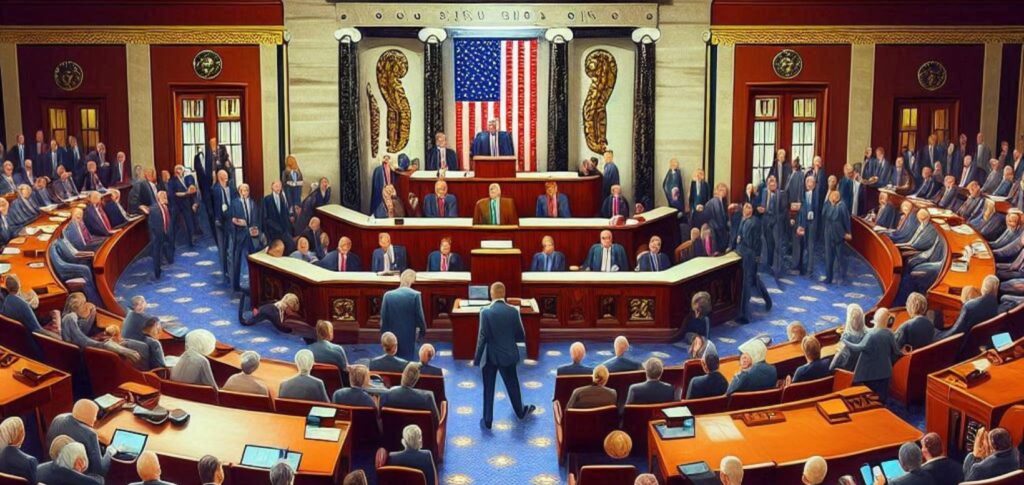The text was approved by 65 deputies from Prime Minister Benjamin Netanyahu's right-wing, religious orthodox and far-right coalition, while the opposition decided to boycott the vote.
ADVERTISING
The session in the Knesset (Parliament), which has 120 legislators, was held in the presence of Netanyahu, 73, who was discharged from the hospital after undergoing surgery to install a pacemaker on Sunday.
Shortly before, the police dispersed hundreds of protesters who were blocking the entrance to Parliament with water cannons. The reform brought tens of thousands of people to the streets over several months.
The vote focused on the so-called “reasonableness” clause, which will limit the ability of judges to overturn government decisions they deem “unreasonable.”
ADVERTISING
When approved this Monday, it becomes the first key clause to be converted into law. Other proposed changes include giving the government greater power in appointing judges.
Israeli President Isaac Herzog, who participated in last-minute negotiations between the opposition and the government, called the situation a “national emergency”.
The reform advocated by the government aims to increase the power of elected officials over that of magistrates.
ADVERTISING
Netanyahu's government argues that it needs to curb what it sees as judicial abuse and that change is necessary to ensure a better balance of powers.
Critics fear that judicial reform will undermine Israel's liberal democracy by removing checks and balances from the executive branch.
The architect of the reform, Justice Minister Yariv Levin, said the government chose a “prudent” approach.
ADVERTISING
“We do not annul the 'reasonableness' clause, but we reduce its use so that a judge's personal opinions are not expressed to the detriment of the will of the people. There is no reason to fear this amendment,” he argued before the deputies.
Division Source
On Sunday, US President Joe Biden urged Israel, a close ally of the United States, not to rush “divisive” judicial reforms.
“It makes no sense for Israeli leaders to rush into this; the focus must be on bringing people together and seeking consensus,” he said in a statement released by the White House.
ADVERTISING
Germany's head of diplomacy, Annalena Baerbock, highlighted the importance of the “independence of justice” in an interview over the weekend with her Israeli counterpart, according to a spokesperson in Berlin.
Opponents also accuse Netanyahu, who is on trial for corruption, of wanting to use this reform to annul possible proceedings against him, which he denies.
Shortly before the approval of the clause, the leader of the opposition, centrist Yair Lapid, declared this Monday that the country was heading “towards a disaster”, and called for the legislative process to be interrupted.
“Today, the first law that will begin to overturn Israeli democracy will probably be approved” by Parliament, said earlier Shahaf Kushinsky, 34, a technology employee who was at Monday’s demonstration.
The protests drew support from both the left and right, secular and religious groups, peace activists and military reservists, as well as artisans and workers in the technology sector, which is key to the country's economy.
Read more:





